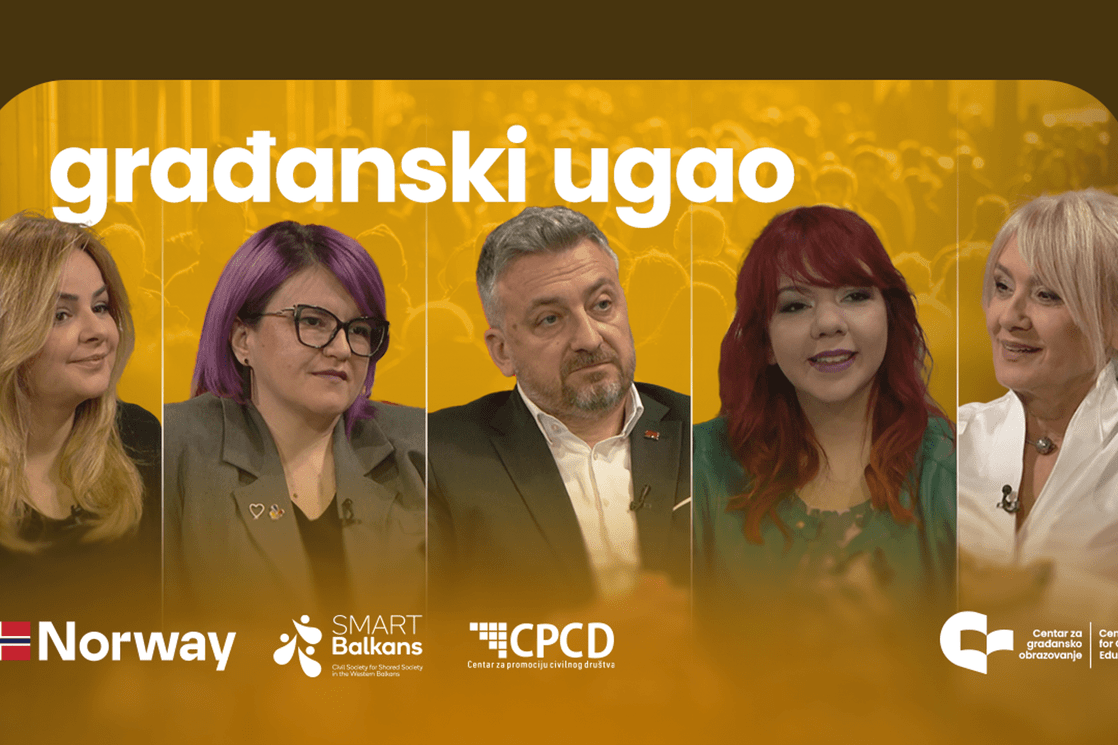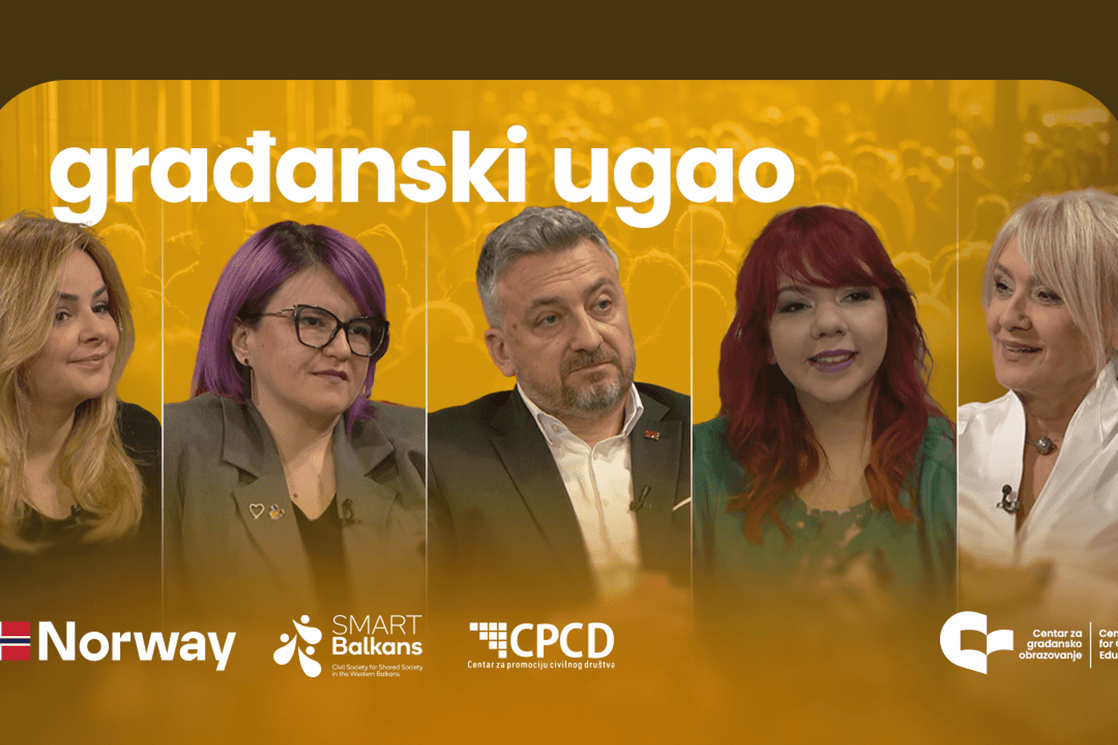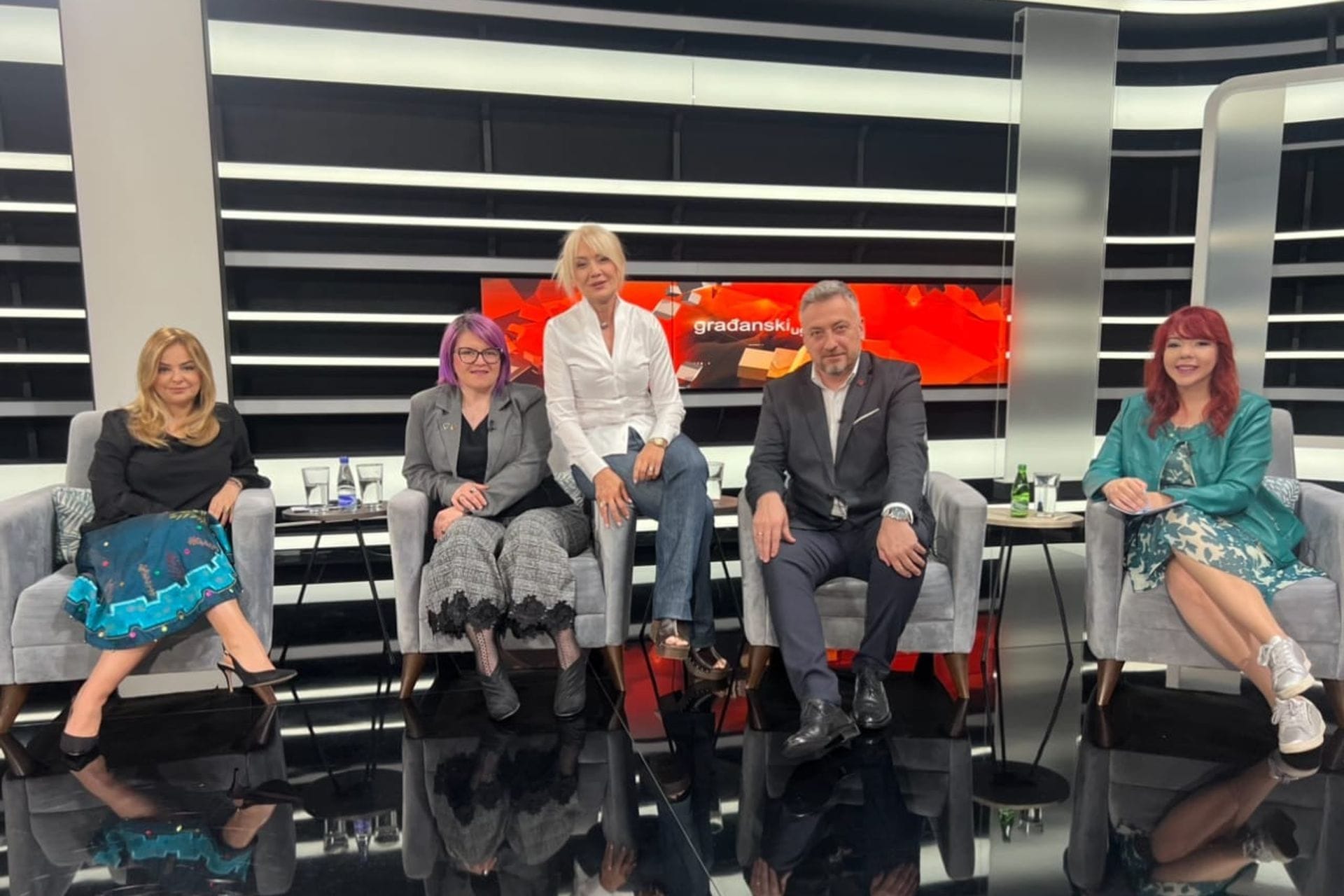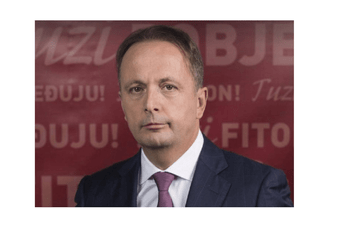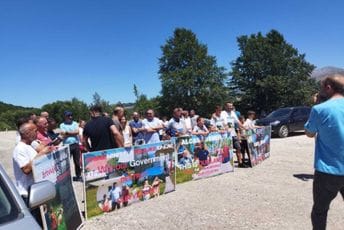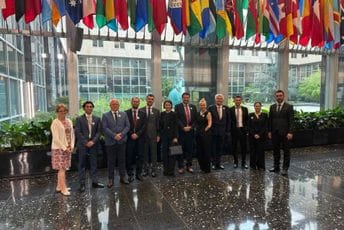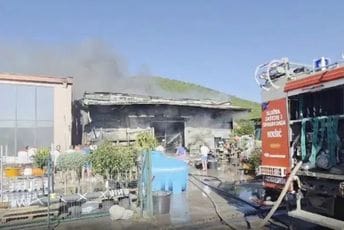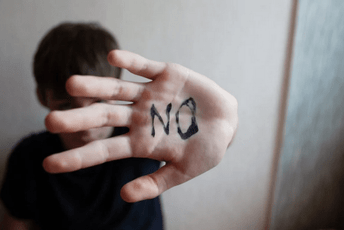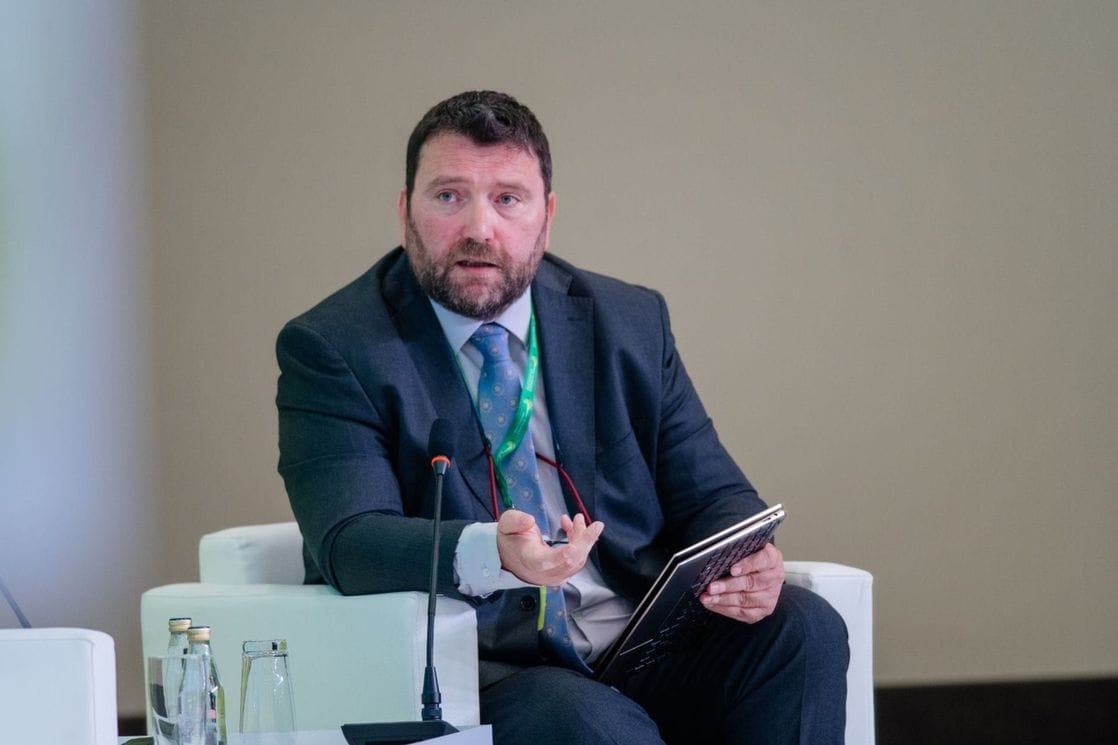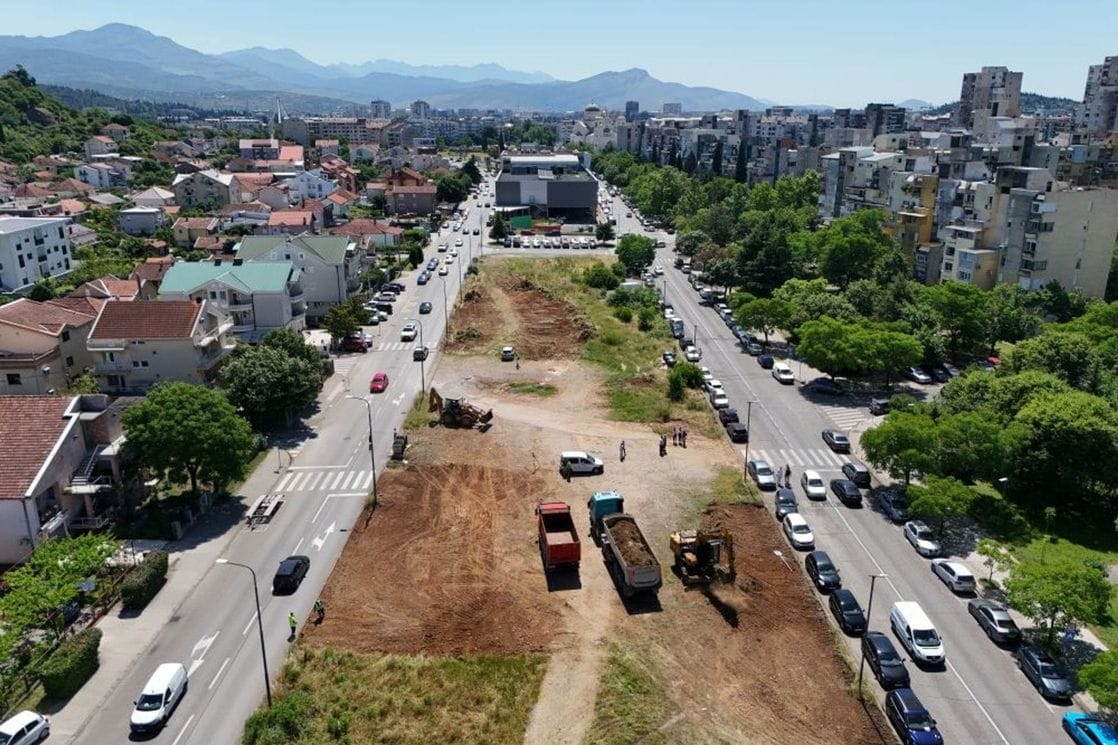In a region where democracy is increasingly stagnating, civil society remains the last line of defense for citizens’ rights and freedoms. But instead of support, it faces brutal pressures, smear campaigns, and political games pushing it to the margins. In Montenegro, Serbia, Bosnia and Herzegovina, and North Macedonia, NGOs struggle to survive as authorities systematically discourage their work, selectively fund loyalists, and persecute critics.
Daliborka Uljarević from Montenegro recalls that civil society was once weak and uncertain but today is vital and enjoys public trust—a rarity in a region where institutions lose credibility. However, this success comes at a cost—continuous negative campaigns and attempts at discreditation coming from the top.
Dejana Cvjetković from Bosnia and Herzegovina highlights a paradox: in a country with 28,000 registered organizations and three million people, there is no registry tracking their work. Authorities show no political will to create a supportive environment, and selective funding and open targeting of activists have become routine.
Slobodan Georgiev from Serbia adds that the government cannot tolerate criticism and often labels critical NGOs as “foreign mercenaries” and “traitors,” while simultaneously cooperating with the same foreign donors. Although citizens increasingly support civil society, the regime uses pro-government organizations as tools to discredit legitimate actors.
Beba Zhagar from North Macedonia points to financial problems and low citizen participation in civil society work—only 4% engage in some form of activity. Trust is highest in the church, then civic organizations, showing a large space for developing civic awareness.
The withdrawal of American funds, especially USAID, has had serious consequences. In Bosnia and Herzegovina, 23 projects were shut down, losing $34 million, while the state allocates only about 3% of its budget to civil society. Montenegro and North Macedonia face similar situations, with poor donor coordination.
This is not just a financial issue—it is a political and social problem. The European Union, once a key transformative force, increasingly acts as a trader rather than a protector of values. If the EU does not recognize civil society as a key partner in the European integration process, the space will empty, and the Balkans will become a playground for Russian and Chinese influence, where there is no room for resistance or alternatives.
Despite everything, a wave of solidarity within civil society is growing, and citizens increasingly see NGOs as the voice of their problems and a check on power. But is that enough?
Civil society is on the edge, and the future of the Balkans hangs by a thread. If we do not awaken civic awareness and support those fighting for freedom, we may lose the last defense of democracy. What about you? Do you believe civil society will survive this storm, or will we watch it disappear before our eyes? Drop a comment—maybe together we’ll find the answer!







